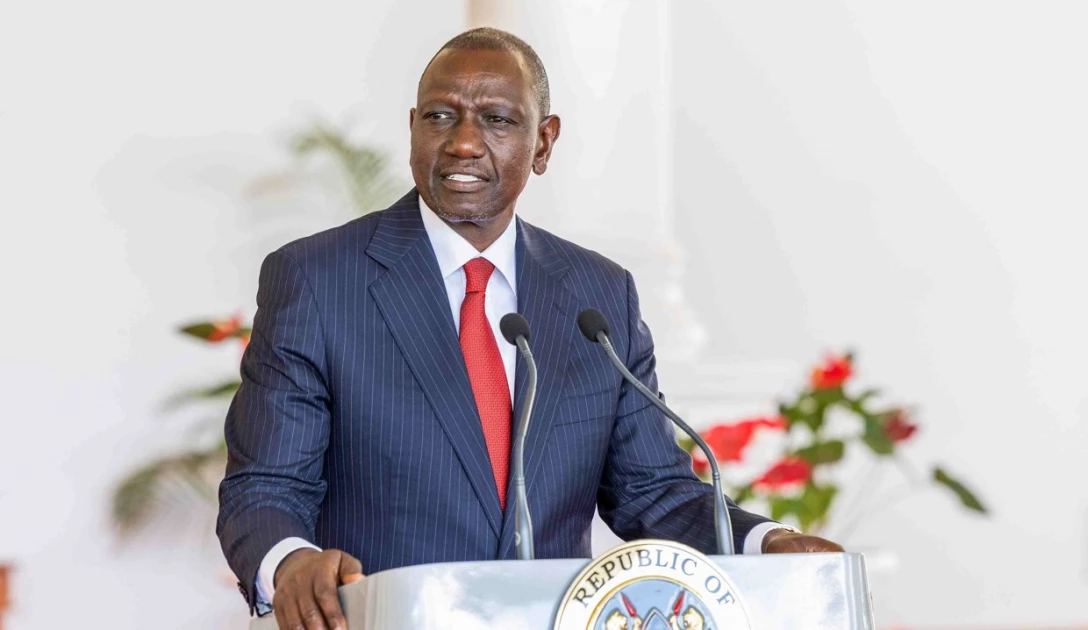Court declares Kenya Kwanza not the Majority in Parliament

File image of President William Ruto.
The ruling stems from a decision made by the Speaker on October 6, 2022, when 14 members from various parties were reassigned to Kenya Kwanza, tipping the balance in favour of the coalition and enabling it to claim majority status. However, the court found that the Speaker had no justifiable basis for the reassignments and quashed the decision that had declared Kenya Kwanza as the majority party.
According to Speaker Wetang’ula’s determination, Kenya Kwanza had 179 members in the National Assembly, while the Azimio la Umoja One Kenya coalition party had 157.
However, official documents from the Registrar of Political Parties indicated that as of April 21, 2022, Azimio comprised 26 political parties, whereas Kenya Kwanza had only 15.
“The Speaker cannot fault the Registrar of Political Parties. She could not provide what she did not have. The Speaker ought to have presented the agreements that were allegedly submitted during the debate. Without the post-election coalition agreements, he had no basis for his decision,” the court ruled.
Delivering the unanimous judgment, Justices John Chigiti, Lawrence Mugambi and Jairus Ngaah criticized the Speaker’s actions, emphasizing the need for impartiality and strict adherence to constitutional principles. They underscored that the Speaker plays a crucial role in maintaining public trust in the parliamentary process.
“By assigning Kenya Kwanza the 14 members from other parties without justification and declaring it the majority party, the Speaker violated the Constitution,” the court ruled.
The bench further highlighted that the Speaker must act as a neutral arbiter, free from political influence. They warned that public confidence in Parliament depends heavily on the Speaker’s actions, and any constitutional violations could severely erode this trust.
Additionally, the court found that Wetang’ula’s dual role as both Speaker and leader of Ford Kenya was unconstitutional.
“The dual role is unlawful and unconstitutional,” the court noted. “Once he became Speaker of the National Assembly, he ceased to be the leader of Ford Kenya.”
This ruling has significant implications for the leadership structure in Parliament. It not only raises questions about the legitimacy of decisions made under Kenya Kwanza’s assumed majority status but also underscores the judiciary’s role in upholding the rule of law.
Whether this decision will lead to a realignment within Parliament remains to be seen.
Want to send us a story? SMS to 25170 or WhatsApp 0743570000 or Submit on Citizen Digital or email wananchi@royalmedia.co.ke
Comments
No comments yet.


Leave a Comment